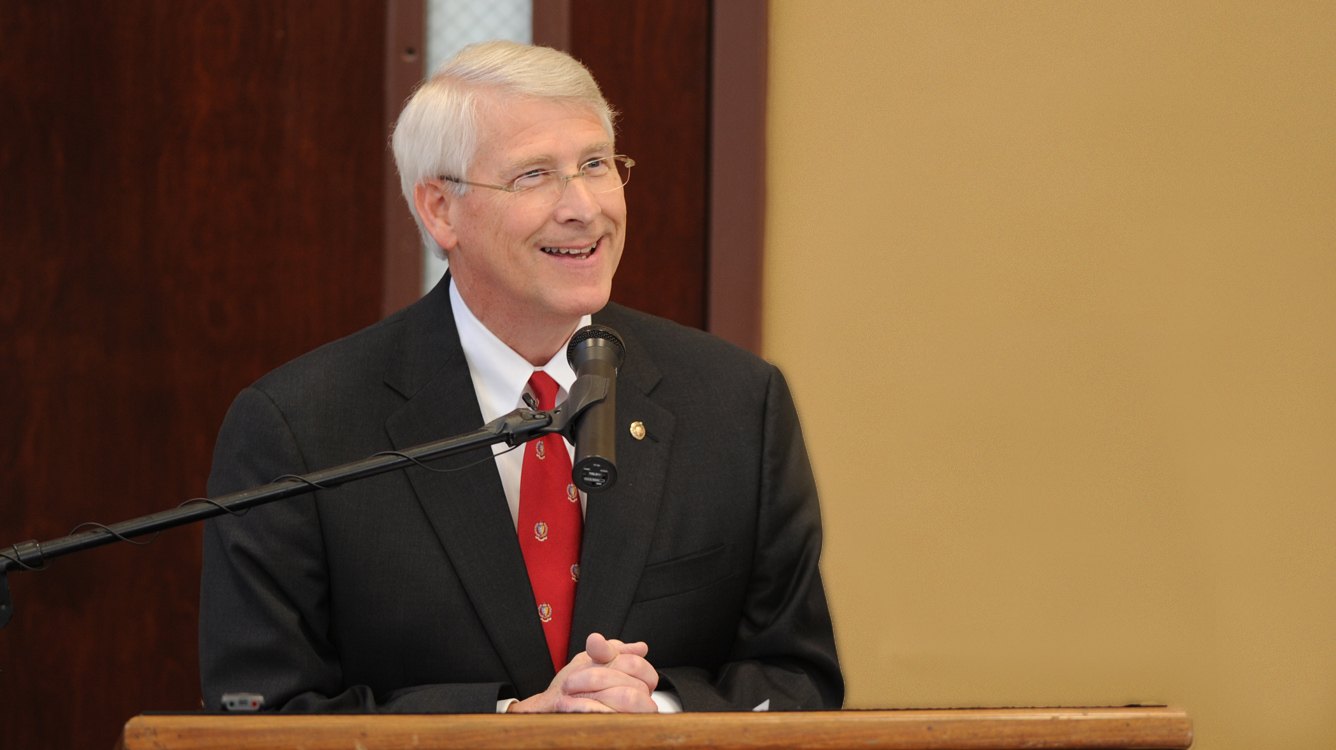Wicker co-sponsors Driving for Opportunity Act

Sen. Roger Wicker, along with Sen. Chris Coons, a Democrat from Delaware, recently introduced federal legislation that will create incentives to stop debt-based driver’s license suspensions.
The Driving for Opportunity Act is a bi-partisan proposal that would help states end a counterproductive practice—suspending driver’s licenses simply because people cannot satisfy a financial obligation—and to enact smart, data-driven policy on fines, fees, and driving license privileges.
If someone loses their license because of unpaid fines, this would naturally make it more difficult for that person to work, and be able to pay off their fine through income they earned by working.
“Suspending driver’s licenses for unpaid fines and fees is counterproductive,” Wicker said. “Americans need access to vehicles to work and to care for their families. My home state of Mississippi rightly banned this practice in 2018. This legislation would encourage other states to follow our lead.”
A diverse coalition of national organizations recently outlined their support for this legislation in a letter to Senate leaders.
“This is a good bill that will help Americans work, provide for their families, and pay off debts,” said Steven Randle, Director of Justice and Work at Empower Mississippi. “Americans need to be able to work, and this is a significant step toward making that easier. We applaud Sen. Wicker for introducing this legislation and his work on this important issue.”
Research shows that the current process of suspending a driver’s license for unpaid fines is not helpful. Rather, it has a number of negative impacts:
- It leads to increased unemployment and underemployment. According to a report by the Motor Vehicles Affordability and Fairness Task Force in New Jersey, 42 percent of those who lost their licenses due to certain non-driving-related offenses lost their jobs as a result, and 45 percent of those who lost their jobs were unable to find new employment. 88 percent of those who were able to find another job reported a decrease in income. A Harvard Law School report called the suspension of driver’s licenses “one of the most pervasive poverty traps for poor people assessed a fine that they cannot afford to pay.”
- It puts people at risk without benefit to public safety. According to the American Association of Motor Vehicle Administrators, 75 percent of suspended drivers continue to drive, facing further fines, fees, and incarceration if they get pulled over. Police officers will then be required to make traffic stops as debt collectors, and unnecessary traffic stops can be unsafe, particularly during a pandemic.
- It does not help collections. A report by the San Francisco City Treasurer found that ending debt-based license suspensions in the city had “no negative impact on collections.” A report by Texas Appleseed noted that although Dallas suspends licenses for unpaid fines and fees and Fort Worth does not, Fort Worth had slightly higher collections than Dallas did.
- It takes up law enforcement officers’ valuable time. In 2015, Washington State calculated that state troopers spent 70,848 hours dealing with suspensions for non-driving offenses. Arresting one person for driving with a suspended license can take nine hours of an officer’s time when considering all the paperwork required.
- It disproportionately harms rural communities and minorities. Only 11 percent of rural residents have access to public transportation services. Studies show that Black and Latino people are more likely to be the subject of traffic enforcement and have their license suspended, despite comparable traffic violation rates.